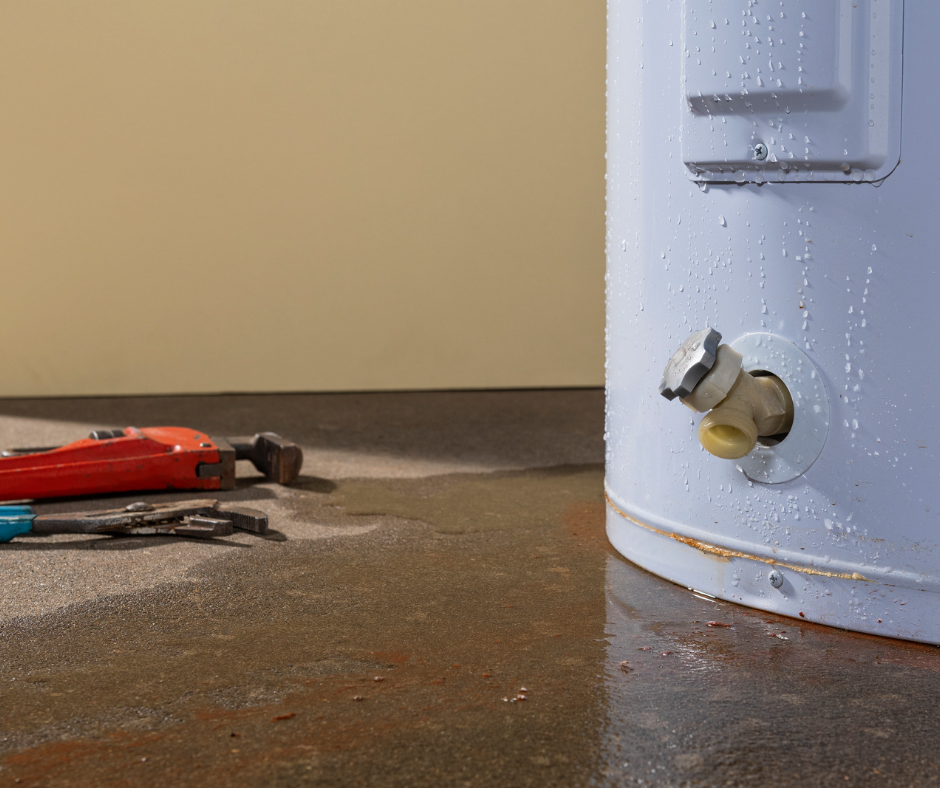The Deal with a 20-Year-Old Water Heater
The Deal with a 20-Year-Old Water Heater
Hey there, folks! We're going to take a break from discussing mega-mansions today to delve into something a little more "everyday" - water heaters. Yes, you read that right. Specifically, I want to talk about the ones that have been providing hot water for the past 20 years.
Now, before you scratch your head and wonder why I'm bringing up water heaters, let me explain. In the high-stakes game of real estate, it's not just the high-end finishes, panoramic views, or square footage that seal the deal. Sometimes, it's about the less glamorous, but utterly important components of a home, like our old buddy, the water heater.
Imagine a water heater that's been chugging along for two decades. There's something to be said about that. It's been through countless mornings, family gatherings, and loads of laundry, all the while maintaining the comfort we often take for granted. It's a testament to durability and resilience - something that I, as a top agent and a mom, can appreciate.
However, I'm not one to sugarcoat things, and neither should you. As admirable as a 20-year-old water heater might be, it brings a set of challenges that potential homeowners should be aware of.
Firstly, let's talk about efficiency. Things have changed quite a bit in 20 years. If we can expect our phones, cars, and TVs to get smarter and more efficient, why not our water heaters? The latest models use less energy to do the same job, translating into significant savings on those pesky utility bills. No savvy buyer wants to deal with an energy guzzler.
Next up, reliability. Yes, a 20-year-old water heater is a trooper, but let's face it, it's way past its prime. Most water heaters have a lifespan of 10 to 15 years, and after that, the risk of malfunctions or a total breakdown increases dramatically. And nobody wants to deal with a sudden lack of hot water or worse, water damage from a busted heater.
Lastly, it's impossible to ignore the environmental factor. Newer water heaters are not just more energy-efficient; they're designed with the environment in mind, producing fewer greenhouse gas emissions. Many buyers these days are conscious about reducing their carbon footprint, so an old water heater might be a turn-off.
So, how do we, as real estate agents, handle this? Simple. We tell it like it is. It's all about having open and honest discussions with the buyers, weighing the pros and cons, considering potential costs, and exploring options for an upgrade. Maybe we can negotiate the replacement into the deal or have the seller take care of it before the sale.
Remember, being a top real estate agent isn't just about selling the dream; it's about understanding the entire package - warts and all. And sometimes, that includes a 20-year-old water heater. It may not be the most exciting part of a house, but it's as integral as any, reminding us of the importance of practicality and sustainability in our homes.
Until next time, let's keep these straightforward, meaningful conversations going.

